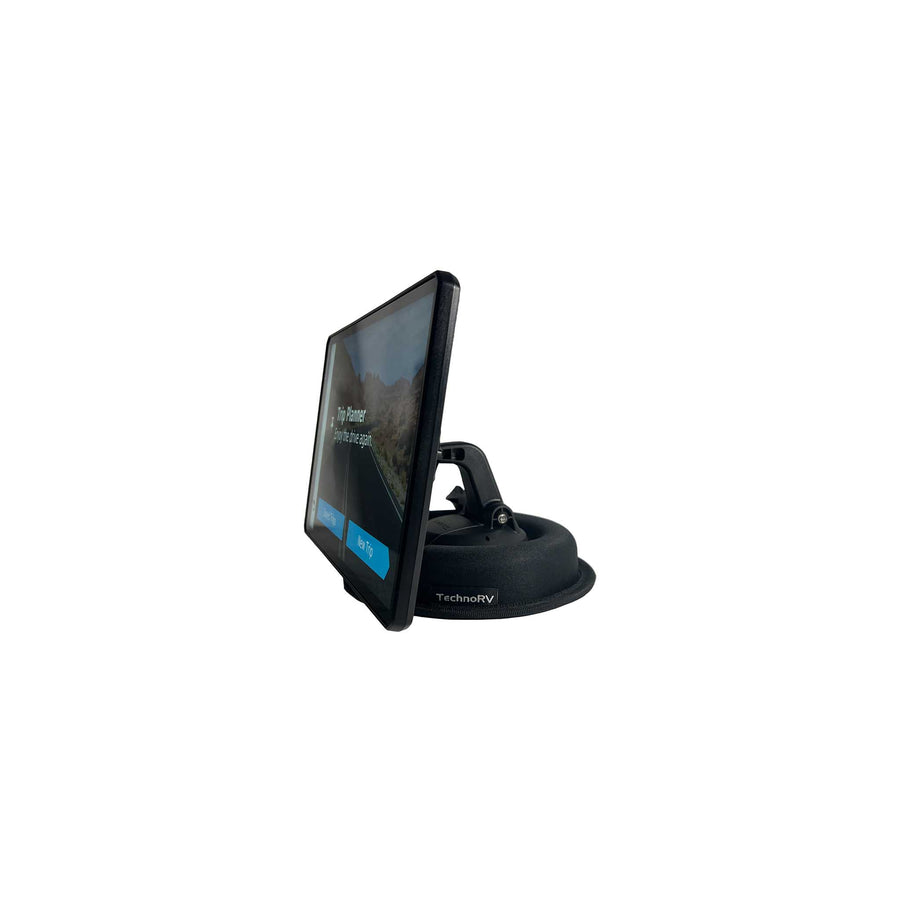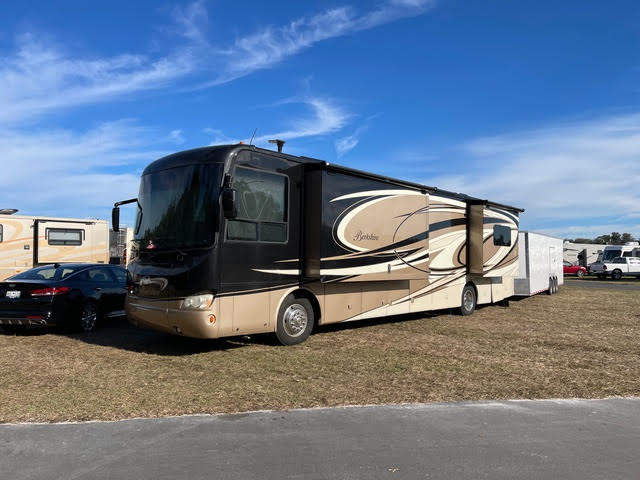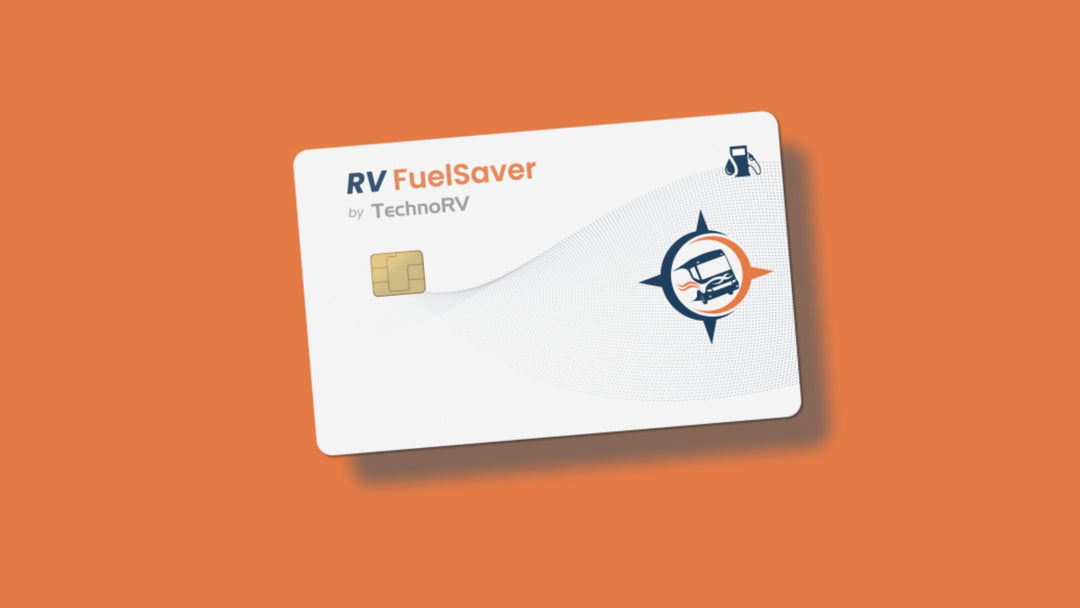TST VS TireMinder: Which RV Tire Pressure Monitoring Systems is Best?
This comparison was done in 2019 and are comparing older models on the TST and TireMinder. To read our comparison on the latest models compared, click here.
If there is ever a conversation about RV TPMS, the TST TPMS and the TireMinder TPMS will be at the top of the list when discussing which systems are the best. We have been asked hundreds of times to weigh in on this comparison as to why we choose to use and sell the TST. Everyone has an opinion (you can read hundreds of them on Facebook if you ask the TPMS question), and then there are the facts and specifications about each system. There are some similarities and some very distinct differences in these two systems which are important to look at when making a decision to buy. If you never use both side-to-side and only rely on one brand telling you why their system is the best, then you may not even know what you are missing.
The models being compared in this article are the TST 507 model and the TireMinder A1A model. This is information that you need to know when considering these two systems (or any other systems available). Based on the facts, there is a clear winner between these two systems, but we will save that for a bit later in the article, now for the facts.
Monitor Options
- The TST system comes with a color monitor or a black/white monitor. The color monitor of the TST is more vivid and can make it easier to see in certain conditions. TST is the only TPMS on the market that offers a color monitor.
- The TireMinder system comes with a black/white monitor only.
Monitor Size
- The monitors of both systems are very similar in size.
- The TST monitors (color and the black/white option) are landscape oriented and measure 2.4” tall and 4.5” wide.
- The TireMinder is portrait oriented and measures 4.1” tall and 2.4” wide.
Available Tire Positions
- The TST monitor holds a total of 110 tire positions that includes the ability to handle 4 different trailers.
- The TireMinder monitor holds up to 22 tire positions.
Data Displayed
- The TST monitor displays both tire PSI and temperature on the same screen at the same time. The TST screen also auto scrolls. Auto scrolling means that every 5-seconds the TST monitor displays the information for the next tire in line. The auto scrolling feature makes it easy for the user to quickly glance at the monitor and keep up with the tire information. The TST monitor stays on the entire time you are driving for easy, hands-free reference.
- The Tire Minder A1A monitor displays both tire PSI and temperature, but does not show both points of data on the same screen. The TireMinder monitor will show one tire position’s data; in order to see the other tire positions’ data, you must push a button to scroll. The TireMinder monitor display goes into sleep mode after 10-seconds. The monitor will turn back on if there is ever an alarm, but you can not see any information while driving.
Alarm Parameters
- Both the TST and TireMinder have visual and audible alarms based on alarm parameters for low psi, high psi, and temperature.
- The TST system allows you to set your high and low PSI alarm parameters to whatever you would like. It also allows you to set your high temperature alarm parameter. It is recommend to set the parameters 10% below your cold tire PSI for the low and 20-25% above your cold tire PSI for the high; the temperature is preset at 158 degrees but can be changed.
- The TireMinder system is preset with a low and high alarm parameter that is based on the cold tire PSI entered by the user. It is preset to 15% below cold tire PSI for the low alarm and 20% above cold tire PSI for the high alarm, but the user cannot change the range. The temperature is preset at 167 degrees and cannot be changed.
For example, on the TireMinder, if you are running 100 PSI cold tire pressure then you would enter that number into the monitor, and it would automatically put parameters around that of 15% below and 20% above the cold tire pressure. On the TST system, you put the parameters as you would like them to be, so if you prefer to run 10% below and 25% above cold tire pressure, then you enter that as your alarm parameter. This is a big deal, especially on the high side because if you are running in hot environments then your tire could easily get above 20% of your cold tire pressure and this would be normal. You do not want to be alarmed over a normal condition. With the TST system, you can bump the high side to 25% if you know you are going to be in hotter environments. This is a real issue as you would be getting alarms on the Tire Minder in that situation, and there would be nothing you could do about it.
Programming
- Both systems are simple to program, but there is a small difference. The TST monitor and sensors can be programmed anywhere; it is not necessary to be at the tires to do this. Once the sensors are programmed into the monitor, they can be installed on the valve stems later.
- When programming the TireMinder monitor, you must be at the tires and install the sensor on the valve stem to complete the programming.
Sensors
- The TST system offers two types of sensors: a cap sensor and a flow-thru sensor.
- The TireMinder systems offers only a cap sensor.
The main difference in these two style sensors is the flow-thru sensor allows you to air up your tires without taking the sensor off of the valve stem, and the cap sensor requires you to take off the sensor to add air. Both sensors perform the same function as far as sending psi and temperature to the monitor, so it is just a preference on which one you like better. The flow thru sensor does require a metal valve stem, while the cap sensors can be on metal or rubber valve stems. Click here for more information on the differences in the two sensors.
Anti-Theft Measures
- Both systems provide anti-theft features for their sensors.
- The TST cap sensor has a spinning cap that cannot be removed without a tool. The TST Flow Thru sensor has a locking nut.
- The TireMinder cap sensor has a locking nut. The method used is a bit different, but they are all effective and should be considered a deterrent for would-be thieves.
Sensor Batteries
- The TST and TireMinder sensors both have user replaceable batteries.
- The batteries in a TPMS sensor will last about a year.
- TireMinder has a battery replacement program, and battery change kits can be purchased for the TST system.
Signal Repeater / Booster
- Both the TST and TireMinder systems come with a signal repeater.
- Both companies recommend using the repeater regardless of the length of the RV to ensure a strong connection between your monitor and sensors.
Warranty
- The TST system is covered by a 3-year comprehensive warranty.
- The TireMinder system is covered by a 1-year warranty.
Looking at just the facts between the TST and the Tire Minder systems it is easy to see that the TST system has better features, more information for the user to see, and a much better warranty. As a full-time RVer, I trust the TST Tire Pressure Monitoring System.
For more information on the TST, and the best place to purchase a TST system, visit TechnoRV.com, where your system always comes with the exclusive TechnoRV Learning Series.
Check out the videos below that Eric made to show the features of each system, including what they look like while driving. To get updates when we add new RV technology videos, subscribe to our YouTube channel by clicking here.







Leave a comment